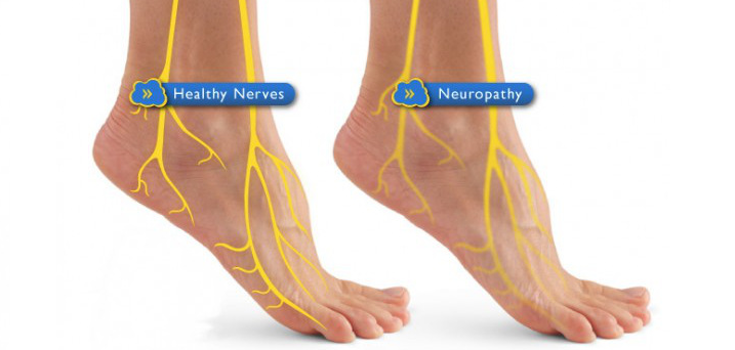Diabetes now affects more than half of the urban population. Diabetes, or heightened levels of blood glucose for a very long time, is known to affect the nervous system. According to Canadian Health&Care Mall, diabetes neuropathy can be of peripheral, autonomic, proximal or focal nerves. The effect on nerves supplying urological systems is the most prominent case of autonomic neuropathy. The urological system includes kidneys, genitals, bladder, sphincters and urethral muscles.
What are complications of neuropathy of urological system?
The diabetic neuropathy of the autonomic nerves of the urological systems affects the muscles that are responsible for urination and sexual function. We list out possible complications that arise due to autonomic neuropathy of the urological system:
- Urinary Incontinence: The sphincters surrounding the bladder may not be able to hold the urine for long and this leads to leaking of the urine.
- Increased frequency of urination: The signals to and from the brain are interrupted and hence signals reach at the wrong time. This leads to increased urination.
- Nocturia: Increased urination frequency during the night.
- Urinary tract infections: This occurs due to the incomplete clearing of the urine from the urinary tract which in turn becomes breeding ground for various disease-causing microbes.
- Erectile Dysfunction in men: This is a condition in which genital erection is either difficult to achieve or to maintain for sexual intercourse. And if the nerves supplying the genitals are affected then the signals of sexual stimuli from the brain are not transmitted and the smooth muscles are not able to relax. Due to this reason, the blood flow is not increased and erection is not achieved or maintained.
- Vaginal dryness in women leading to painful intercourse and decreased libido.
- Pre-mature ejaculation: Due to erectile dysfunction.
- Retrograde ejaculation: ejaculation occurs within the bladder instead of outside the penis as the sphincters near the bladder fail to close at the moment of ejaculation.

Who are at higher risk of ED due to diabetic neuropathy?
People who are at high risk of diabetic neuropathy include:
- People with diabetes over a long duration, typically over 25 years
- people who do not control or are unable to control the blood sugar levels
- overweight people
- people with high blood pressure
- people over the age of 40
- And people who smoke or drink alcohol regularly
The prevalence rate of erectile dysfunction in men with diabetes ranges from 20 to 75 percent. Men with diabetes are almost three times more probable to suffer from erectile dysfunction and experience erectile dysfunction 10 to 15 years earlier as compared to those who do not have diabetes.
Besides diabetes, the other leading causes of erectile dysfunction include high blood pressure, cardiovascular diseases, kidney diseases, alcohol abuse, psychological problems, neurological problems, hormonal imbalances, certain medications and smoking and surgeries in and around the pubic and hip region. But a prolonged or uncontrolled case of diabetes has highest chances of triggering erectile dysfunction.

Can diabetes-related ED and urinary problems be prevented?
The answer to the question is a yes. All you need is to consult a medical health practitioner at the earliest and discuss frankly your problems. The erectile dysfunction may act as a marker cardiovascular diseases and diabetes and vice versa. If diabetes is established by your doctor then you should first concentrate on controlling your blood sugar and maintaining it close to the normal range. And blood sugar can be controlled by:
- Exercising outdoors
- Cutting down on smoke and alcohol
- Making dietary changes to cut down on carbohydrates, and sugars
- Medications and insulin
If the blood sugar levels are controlled, the probability of developing erectile dysfunction decreases by around 300 percent.
But you should first get it established that you are not suffering from neuropathy of any sort. As the neuropathy sets in, it becomes difficult to contain the damage to the nerves. And the older the problem becomes, more likely are the chances that medications would also gradually become irresponsive. Hence it is always advisable to get diabetic neuropathy tests done at the earliest and prevent erectile dysfunction later.

